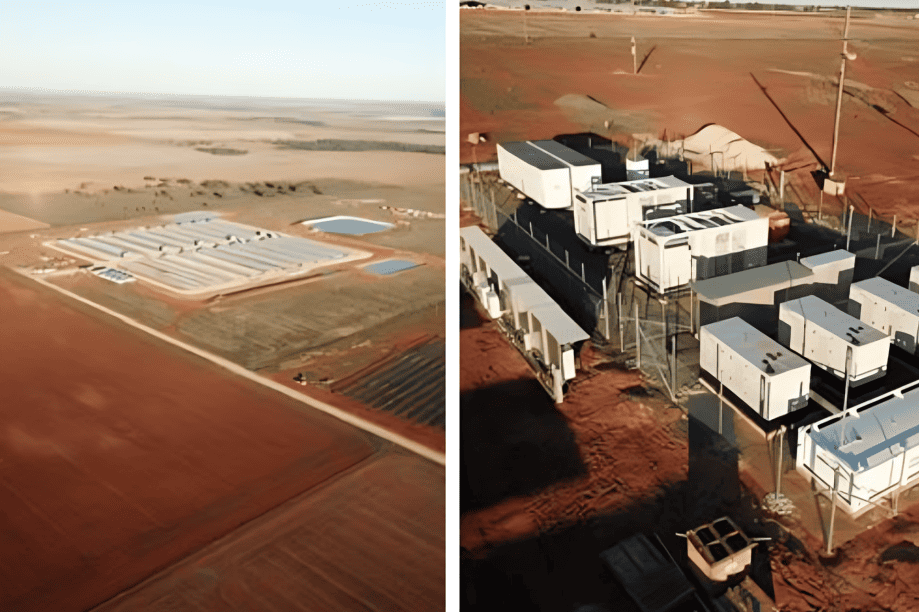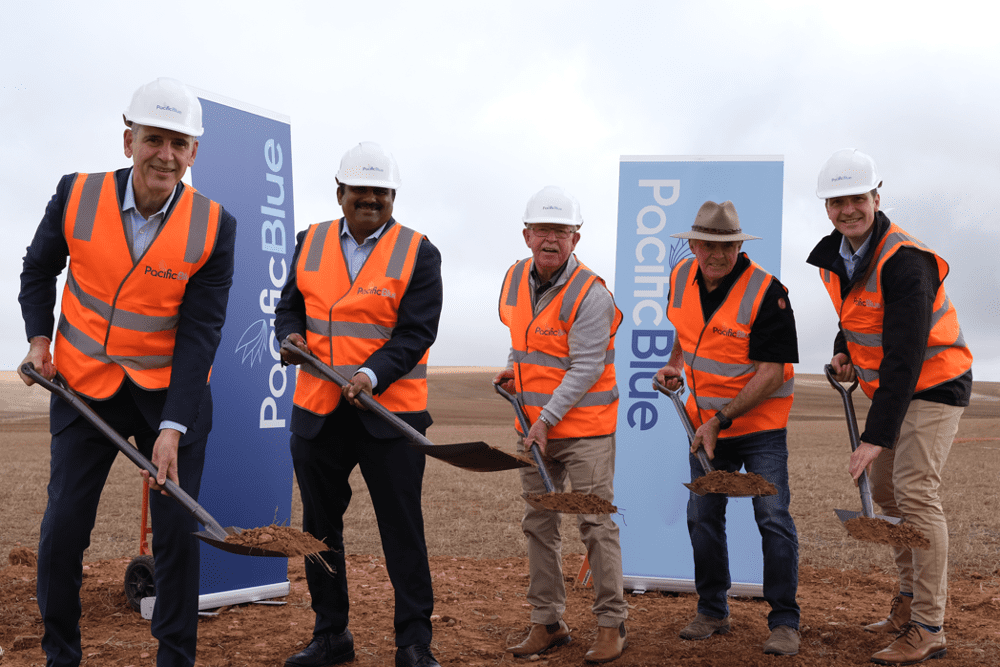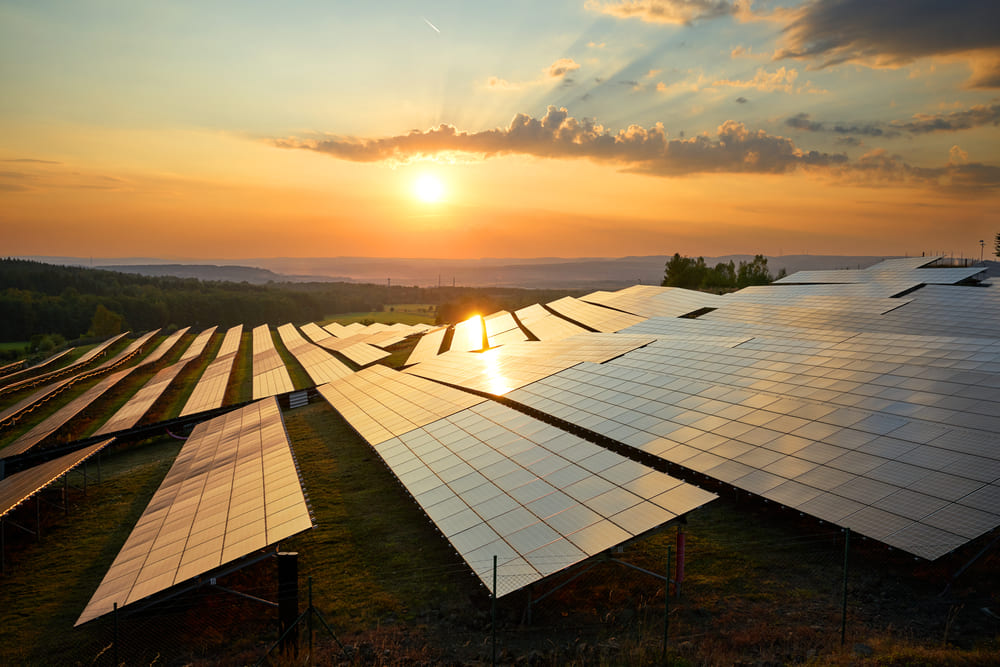
A new report argues that energy ministers will need to increase the benefits to regional communities that host large-scale solar, wind and transmission infrastructure if governments want to ensure continued support for renewable energy.
The report is published by the Australia Institute and the Sydney Environment Institute and will be launched by independent NSW MPs Alex Greenwich and Dr Joe McGirr today (Wednesday, 15 June.)
The report authors endorse the decision by governments to establish Renewable Energy Zones (REZs) across regional Australia to replace retiring coal-fired power and expand generation capacity.
Field trips and research interviews were conducted in Australia’s first two REZs: Central-West Orana and New England.
The authors found that although renewable energy enjoys a high level of community support, if the pace and intensity of development are not carefully managed and local benefits maximised it will risk creating conflict that could delay the clean energy transformation and harm energy security.
The report finds that governments can increase financial benefits for local communities, target First Nations participation, reduce negative impacts, and coordinate more sustainable economic development beyond short-term construction booms.
The Australia Institute’s Dan Cass said: “Our research is timely because the new Australian government has promised to spend $20 billion to subsidise 10,000km of new transmission lines which will unlock huge private investment in generation and storage in REZs.
“The federal government has been instantly thrust into an energy crisis but if it works quickly with state governments to design a fair system for planning and developing REZs it will be the last energy crisis Australia ever has to face.”
University of Sydney Emeritus Professor Linda Connor said: “This report highlights that the shift from coal to renewables is also a spatial shift that brings many physical and social changes to regional communities.
“This infrastructure is urgently needed for energy security and to reach zero emissions electricity, but we need to ensure it creates value for hosts. An unprecedented level of community participation, social impact assessment, and sustained local benefits is required.”
Riikka Heikkinen said: “Australia’s vital shift to renewables will proceed more quickly and ultimately at lower cost if it is better calibrated to share and amplify the economic benefits for regional communities that will host tens of billions of dollars worth of investment.
“We have to make sure the communities that are providing us with the path to clean energy security are also communities that are benefiting fairly from the change.”
ANU’s Dr Rebecca Pearse said: “In many instances regional communities are benefiting greatly from new renewable energy projects, like farmers being paid to host solar farms on relatively unproductive paddocks.
“But there have also been instances where communities have been disrupted by things like transmission lines being built across private land.
“Regional Australia is doing the country a terrific service by hosting our shift to renewable energy, so we need to make sure those communities have the mechanisms to negotiate beneficial deals for themselves.”
Key recommendations for energy ministers:
• Improve benefit sharing:
o More inclusive and generous benefit sharing arrangements, which should also include new transmission infrastructure.
o Encourage the pooling of community funds from energy developments in each REZ to enable funding of larger-scale facilities and programs that benefit diverse host communities.
• Target First Nations participation
o Create stronger processes for culturally appropriate consultation and inclusion of Traditional Owners in all aspects of REZ development to maximise socioeconomic benefits.
• Manage cumulative impacts
o Governments can work with residents and local agencies to schedule when and where projects are built to minimise negative cumulative impacts.
• Coordinate economic development
o REZ frameworks for multisectoral economic planning can help deliver employment, skills and other sustainable benefits to host communities.
The four co-authors are affiliated with the Australian National University, University of Technology Sydney, University of Sydney and The Australia Institute.











